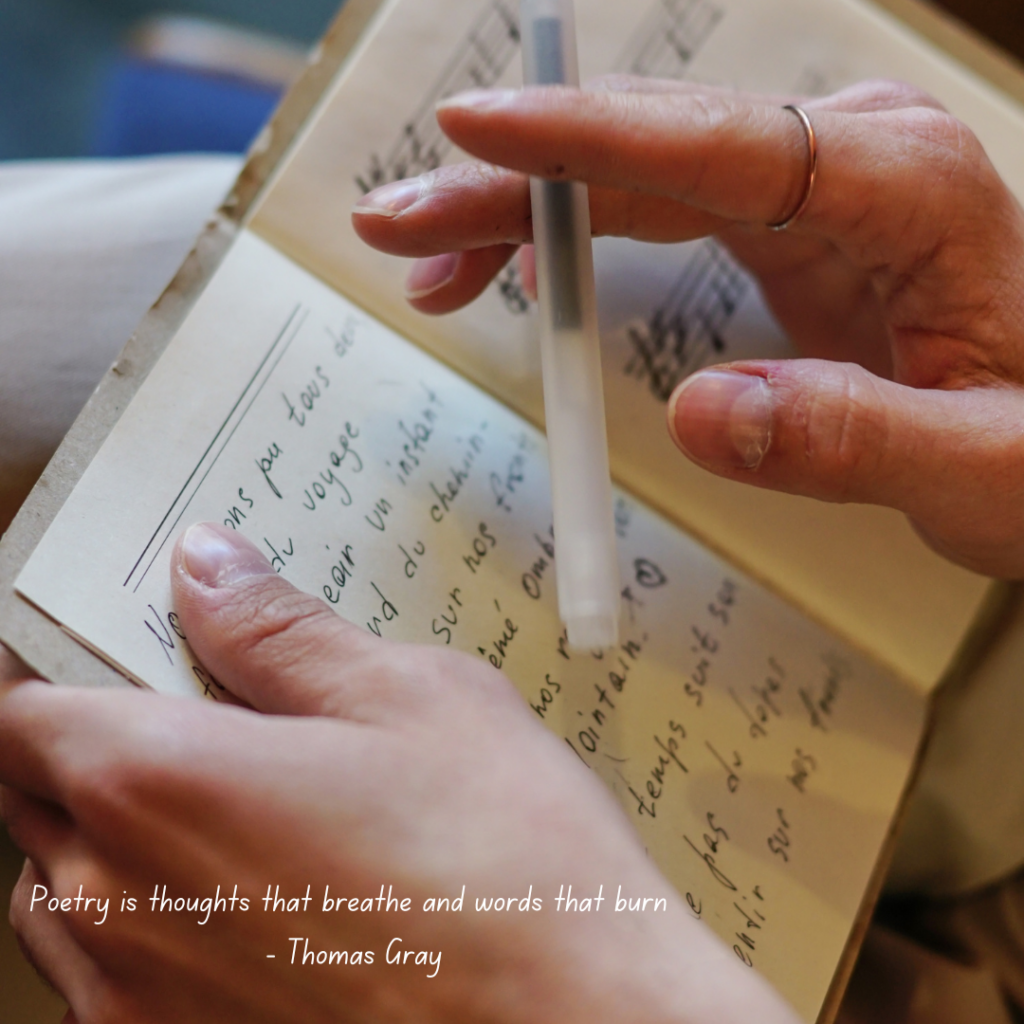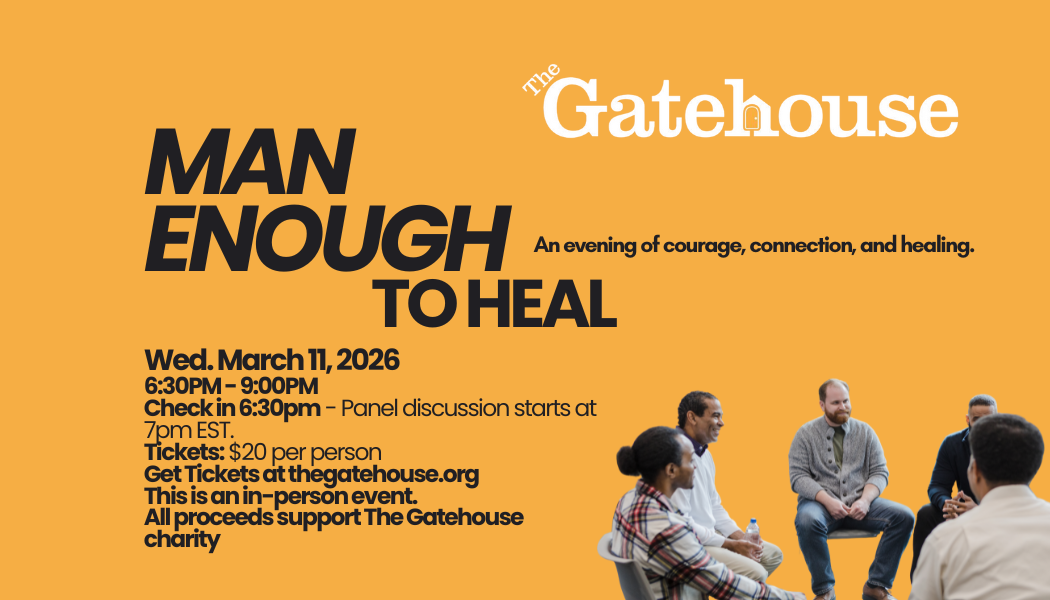Sometimes feelings are too tangled to express, too complex to verbalize. Poetry welcomes us to express what our heart, soul, body and mind cannot express in everyday language. Poetry entices us and allows us to move outside of linearity. Poetry can magnify a simple moment or object, amplify a singular emotion, or contain an entire life within its lines. It can also take a vast experience and reduce it, not in importance, but in size, so that we can hold it in our hands and examine it more closely.
For survivors of childhood sexual abuse and those navigating emotional pain, poetry can become a refuge and a release. It doesn’t ask for anything other than your truth.
Poetry can arise from depths within us we didn’t expect—especially when we let it spill onto the page without aiming for perfection, but simply to create and release what we no longer wish to carry. A single poem can say what might take pages in a journal or hours in therapy.
Poetry is about allowing yourself to express the inexpressible. About transforming pain into something you create something that lives outside of your body, your mind, and your memories.

You don’t need to write every day. You don’t need to share it. All you need is a willingness to explore what’s inside, and a safe space to do it. Below are a few prompts that might help you begin:
1. Start with a feeling.
Choose a single emotion — grief, fear, shame, longing, even numbness. Let that be the seed of your poem.
Example: “Shame sits in my chest like wet cotton…”
2. Use metaphor.
Poetry thrives on imagery. What does your sadness look like? What does your anger sound like?
Example: “My anger is a door I slammed shut but left unlocked.”
3. Let go of rules.
Forget rhyme, structure, or grammar. Write like no one will ever read it. The freedom to be messy is healing in itself.
4. Try a prompt.
1. “Today, my heart feels like…”
2. “If my body could speak, it would say…”
3. “I come from…”
Poetry won’t erase your pain. But it can reshape it. Poetry can help you witness your own strength and resilience on the page. Most of all, poetry reminds us that beauty and pain can coexist and that even in our darkest moments, we are capable of creation.
If this resonates with you, consider visiting globalpoetrymovement.com. There, you can submit poems, photography, or artwork to be part of a powerful collection created by survivors of childhood sexual abuse, an initiative aimed at empowering and connecting through creativity and expression.

